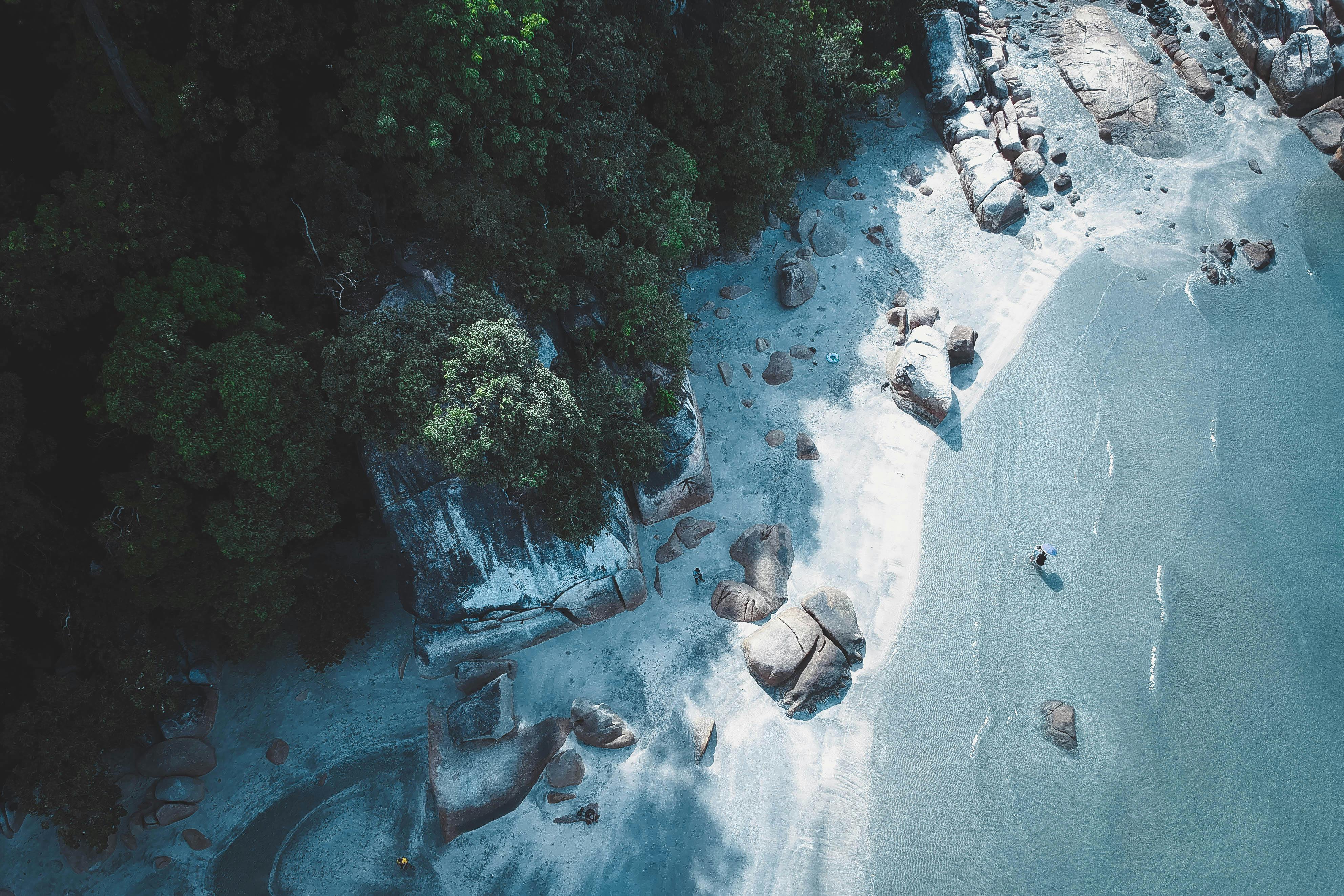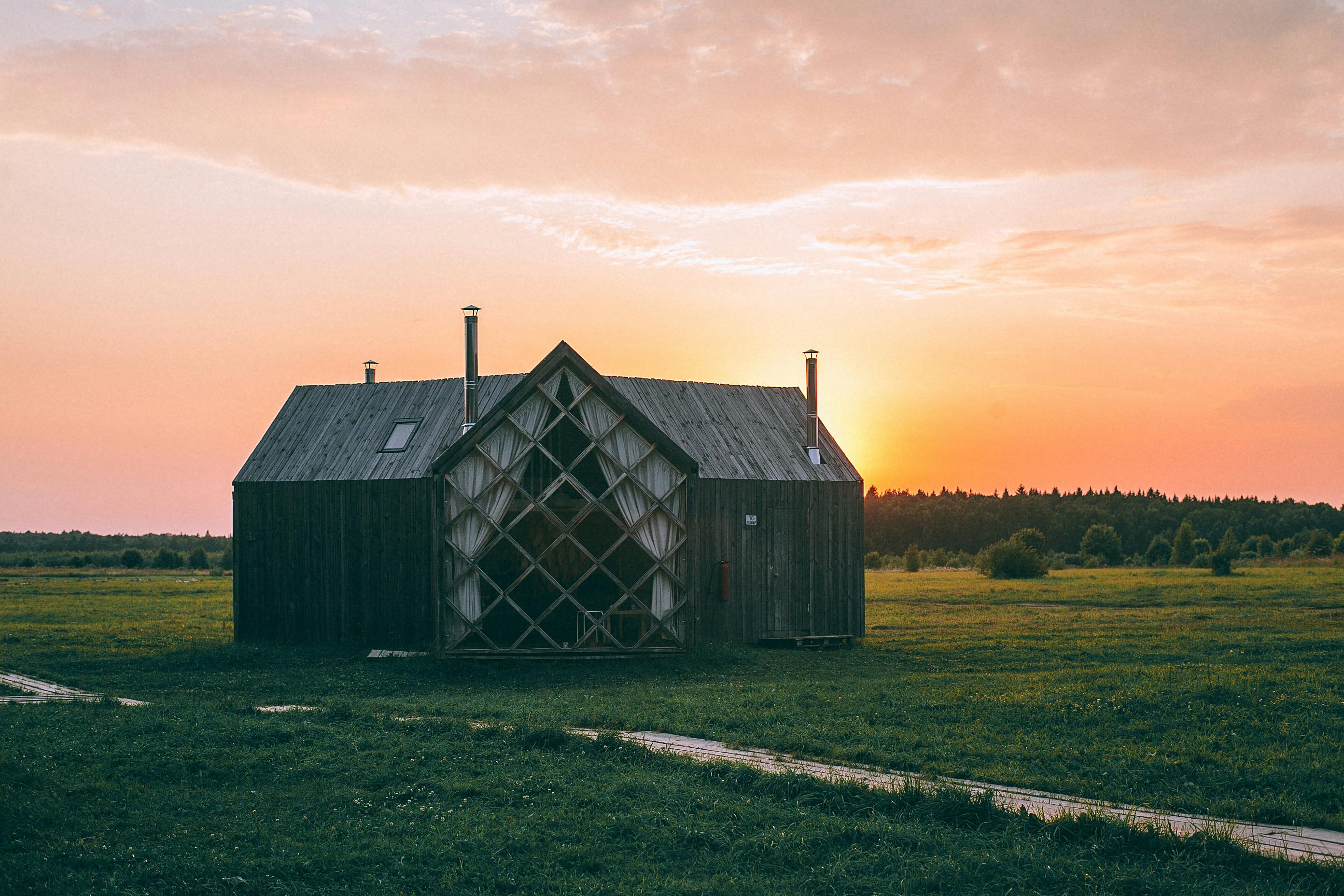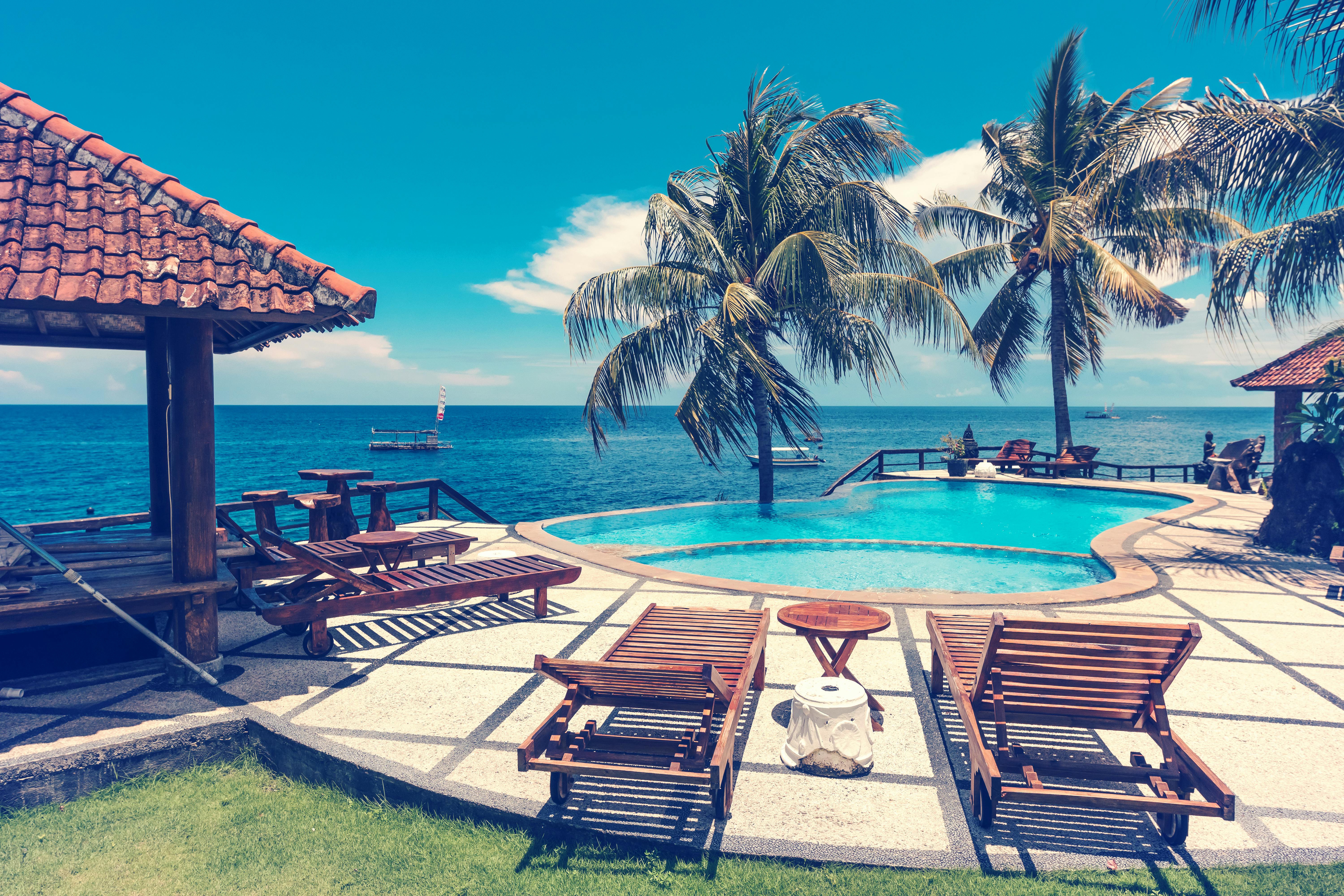Bumper-to-bumper traffic. Heavy travel program. Work stress. The proverbial ‘rat race’. Yuck. These are just some of the reasons people dream of having a lakefront home or cabin, a couple hours drive away, where they can relax from the stresses of work and the city, and have fun. Jet skis, fishing, suntan lotion, barbecues and crickets. Ah!
For those looking to live the lake property dream, it is important to know that there is more to consider about purchasing a lakefront property than just driving time and whether the water is wet. In fact, doing a little homework ahead of time will pay huge dividends down the road, maximizing the likelihood that the lakefront cabin will remain in the family for generations to come.
Taking time up front is critical when it comes to purchasing lakefront property. It doesn’t take long, but there are some important things to consider. You don’t want to make the mistake of moving too fast and regretting your purchase.
To help you, we’ve put together this quick read – a kind of introduction.
So what are those key things to consider?
Well, there are several of them. Some are about you and some are about the lake and the property itself. And it helps to familiarize yourself with them before you start looking for properties. That way, you can have your eyes open to the full range of considerations right from the start.
Let’s start with you. Here are the top questions to ask before beginning your search for lakefront property:
What do you want to do at the lake?
This is a simple question and it may be the most important one, so it is worth taking some time to consider.
Do you want to do water skiing and jet skiing? Can you imagine yourself floating on a pontoon? Is fishing important? Are you a kayaker? To observe birds?
Do you care what other people do? For example, do you want a lake for all sports or do you prefer a quieter lake without wakes?
2. What size lake are you looking for?
Size Matters. Among other things, it will affect the types of activities you can do. For example, just 2-3 hours from Chicago in southwestern Michigan are lakes that range in size from less than 50 acres to 2,680-acre Gun Lake. That is a great variety.
3. How close do you want your neighbors to be?
Would it matter if they were close? Or do you prefer to have more open space between you and your neighbors? Naturally, some lakes are more populated than others.
What kind of lake house do you want?
4. How far are you willing to travel?
Most people have a desired drive time of less than two hours. Does that describe you too? Or are you willing to travel further? Your travel time will define a radius, within which your search area will be.
Now let’s move on to the lake and the property. Let’s say you have found the place that seems ideal to you. Congratulations! But before you move too fast, and you may need to, here are important things to consider:
5. How deep is the lake?
The relevance of this question is that water clarity is a key sign of a younger lake and is naturally more popular with swimmers, while older lakes will have less clarity and those nutrients make them more popular with anglers. .
6. What is the beach like?
Is it a sandy bottom or does it have more clay? Is it weeds or does it have water lilies? The beach front will affect whether you can have a pier and will influence what type of pier makes the most sense.
7. Does the property you are looking for have its own private beach or is it a common beach?
Both have advantages and disadvantages, but more importantly, you want to know the details related to the property you are considering buying before you buy it.
8. Is the property in a homeowners association?
It is not uncommon for lake properties to be found in neighborhoods with private roads and sometimes other common areas. You’ll want to know these details in advance, before bidding. It’s always a good idea to get comfortable with your homeowners association bylaws or covenants before making a purchase.
9. Is there something important about the lake?
Does it have a good or bad reputation? Do you have characteristics that can influence the value of the property?
There are other things to consider, but these stand out the most.
The bottom line is that it’s important to have a good conversation about these things before even looking at the individual properties. And then when you’ve found a place and want to make an offer, make sure the offer includes contingencies that allow you to do your full range of due diligence before closing.
Get help!
Find an agent who really understands the properties of the lake; If you don’t know enough about all the unique details that come with the lake lifestyle, you may not be able to adequately represent your best interests. Do your own due diligence to find an agent with the necessary knowledge.
Consider the full range of questions, do your homework, and be careful to do your due diligence. Of course, in that regard, it is also important to work with a qualified and competent real estate agent. With proper planning, you will make a big decision, and then it will be a good time, here we go!


